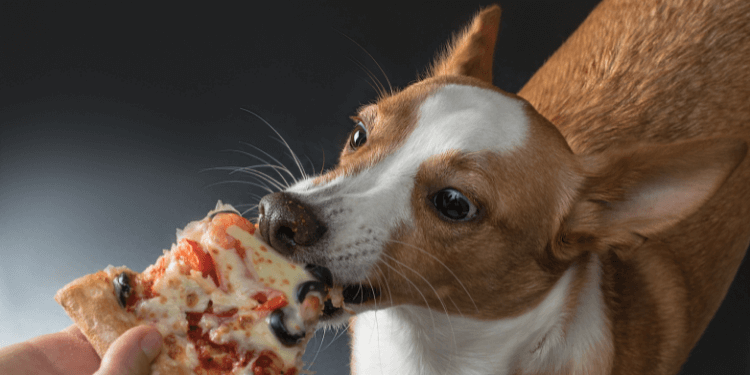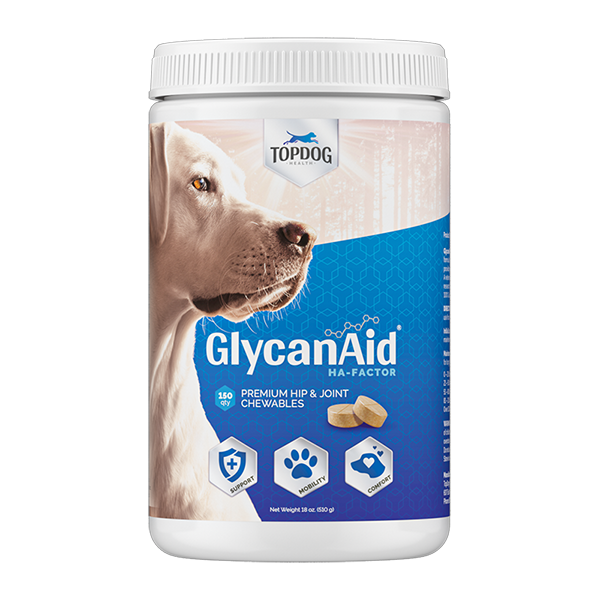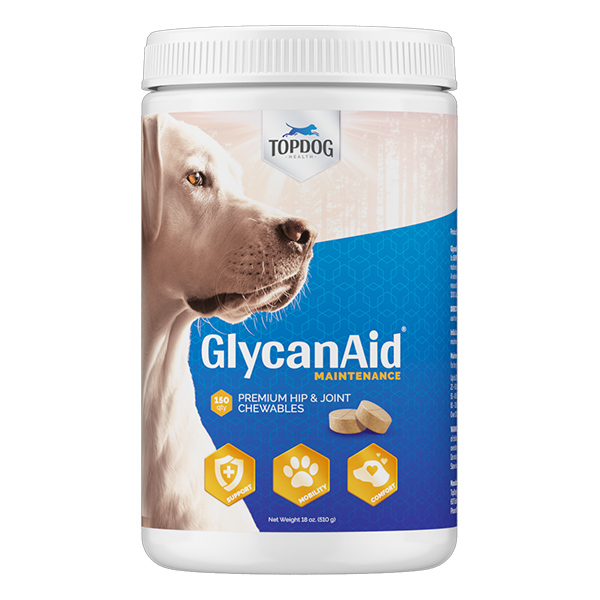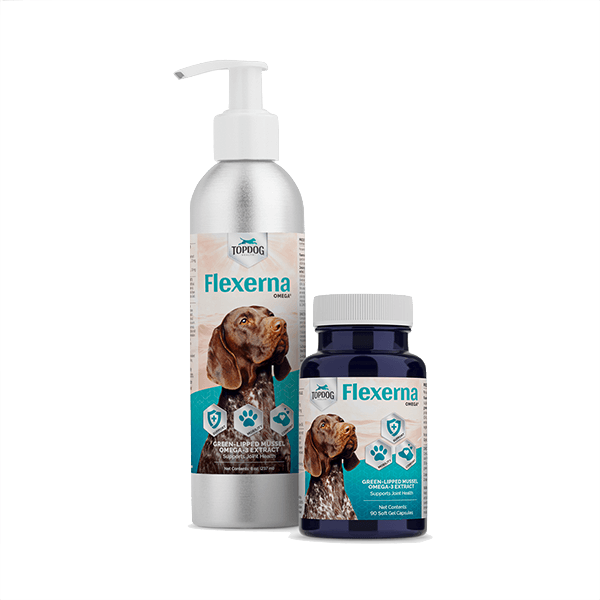One of the concepts I come across frequently in my practice is pet owners’ perception that “people food” is bad for their dogs.
Here are my typical sarcastic responses:
- So let me ask you this: does “dog food” grow in a different land or place than “people food”?
- Are there crops in the United States that only grow this “special” dog food that I don’t know about?
- And even more importantly, if “people food” is bad for dogs, then maybe I shouldn’t be eating it either!
A bit of sarcasm usually does the trick, for the most part, my clients have a bit of an ah-ha moment.
Here are some of their reactions:
- Really!?! I can give my dog people food?
- I thought it was bad for them.
- I thought it would make them sick.
- I thought you were only supposed to feed them dog food.
My Point Is This:
Food is food. Meat is meat. Wheat is wheat. Proteins are proteins. Carbohydrates are carbohydrates, etc., etc. Dog food and people food are the same. The difference is simply the way the food has been processed, packaged, and marketed by the companies that make this “special food for dogs.”
Granted, we all have our food intolerances. I am lactose-intolerant. Therefore, dairy products and me, we don’t exactly see eye to eye. In addition, I have gradually come to find out that two of my three dogs are not friends with tomatoes. But the fact remains: food is food.
Dog Food: A Long History but Only a Recent Phenomenon
The history of dog food goes back to the mid-1700s in both France and Britain, where there are well-documented writings about proper animal nutrition. Yet, it was not until the mid-1800s that the first actual “dog food” was created by an American electrician named James Spratt. He made his dog food from wheat meal, vegetables, and meat, and dubbed it “Spratt’s Patent Limited.” Spratt’s food gained a lot of press and awards within the dog show community, and so the trend began.
Fast-forward to the 1930s when canned dog food was introduced by the Gaines Food Co., and by the end of World War II, pet food sales had reached over 200 million dollars. Eventually, the original Spratt’s dog food line became a part of General Mills Corp., and within a relatively short time, most of the major food companies had jumped on the dog food bandwagon and were all manufacturing dog foods of their own. This proved to be a perfect vehicle for them to utilize and market their animal waste by-products as a profitable source of income.
Today, the dog food business has grown to become a 20 billion dollar industry. So you can see why protecting the consumers’ perception that “dogs need to eat only dog food” is a very important agenda for some very powerful companies.
So Who Did It? Who Put This into Pet Owners’ Minds?
It’s very simple: follow the MONEY.
Considering that dog food has been an extremely profitable revenue stream for so many major food companies over the decades, they have dedicated millions and millions of dollars to marketing the concept of “dog food.” Not only do they aggressively market directly to consumers, but they also spend millions marketing to veterinary students and practicing professionals. It starts right on day one when you enter veterinary school. Many of these companies provide FREE food to veterinary students’ pets, as well as providing books, lectures, grants, etc.
A Balanced Diet Can Go a Long Way
Don’t get me wrong, in no way am I saying that all dog foods are worthless and the whole thing is a big conspiracy because that is simply not the case. My intention is only to help you open your eyes and ponder this concept.
So, while I mentioned that millions of dollars have been spent on marketing dog food, I should add that millions have also been spent on perfecting the optimally balanced diet for our dogs. This very essential point needs not to be overlooked.
We all acknowledge the importance of a balanced diet for our health. Our doctors talk about it, the TV talks about it, it’s everywhere. Yet do we follow these guidelines ourselves? Absolutely not! Based on the obesity statistics in the USA alone, we know that the vast majority of humans themselves do not maintain a balanced diet daily.
This goes to show that eating a balanced diet can be hard. Therefore – in theory – providing your dog with one food that contains everything they need, including all the essential vitamins and minerals, proteins, carbohydrates, and fats to maintain a healthy life, is – again in theory – a worthy concept.
That said… my question is, why do we need to eliminate fresh food from our pet’s diet? By its very nature, dog food is processed. We know the negative effects that would come from us eating processed food for every single meal, so why do we think this is okay for our pets?
Again, I am simply posing the question. Please understand this, I, Dr. James St. Clair, am 100% for balanced, nutritious diets for dogs. I also believe that there are very high-quality comprehensive diets available on the market to consumers. In no way am I advocating discontinuing your dog’s regular diet. I simply believe that as consumers, we should be educated and aware of the marketing messages that we encounter daily. The better educated we are, the better consumers we can be, thereby supporting truly honest companies and genuinely caring about our health and well-being.
The Final Point
This is a topic very near and dear to my heart. Aside from genetics, I truly believe that we are what we eat and the same holds for our pets. Being a father of four human children and three dog children, I want nothing more than to protect them and provide the best for them. While not all dog foods are “bad,” there are a far greater number of WHOLESOME, FRESH, REAL FOODS that can be advantageous to your dog’s health: i.e. foods that can provide valuable nutrition, health-promoting antioxidants, essential fatty acids, etc.
PS: Oh, and YES, “dog food” is made with real “people food” and therefore, people food (with some exceptions of grapes, baker’s chocolate, macadamia nuts, onions, and a few others) is not poisonous for dogs. For a list of the “poisonous foods” for your dog, click here.
PPS: To this day, I personally still provide my dogs with balanced, high-quality dry dog food. But I also take great pride and delight in adding organic vegetables, essential fatty acids, and organic meats into their diet to enhance the flavoring and bring joy to both my dogs’ lives and my own.











